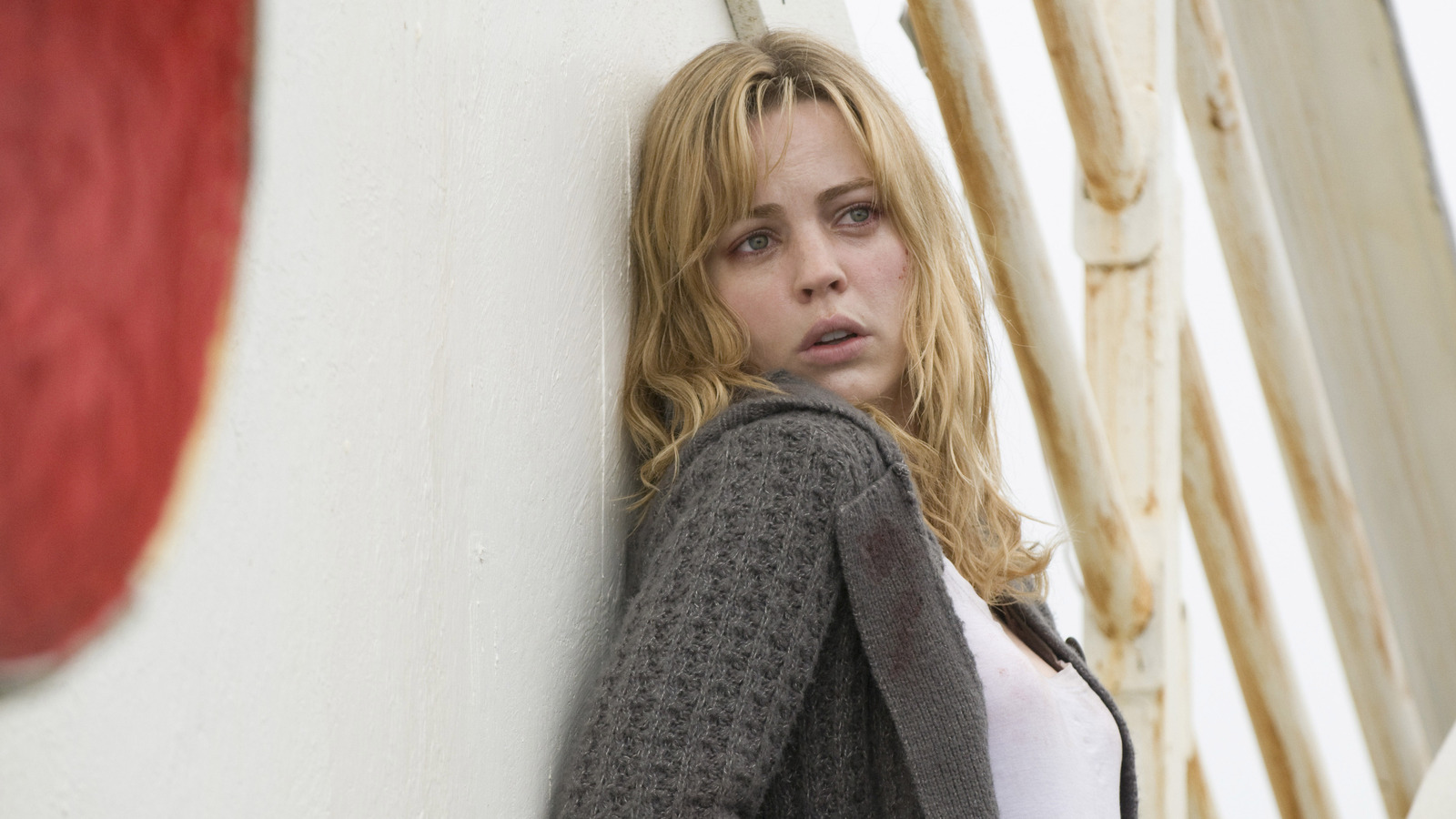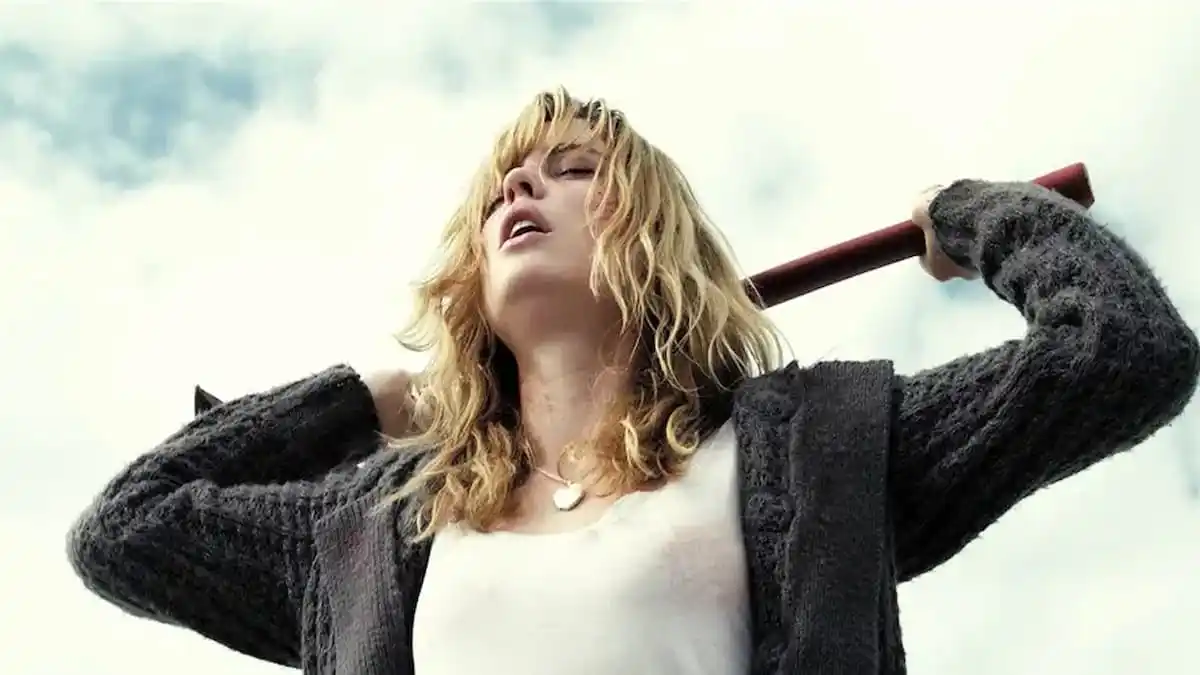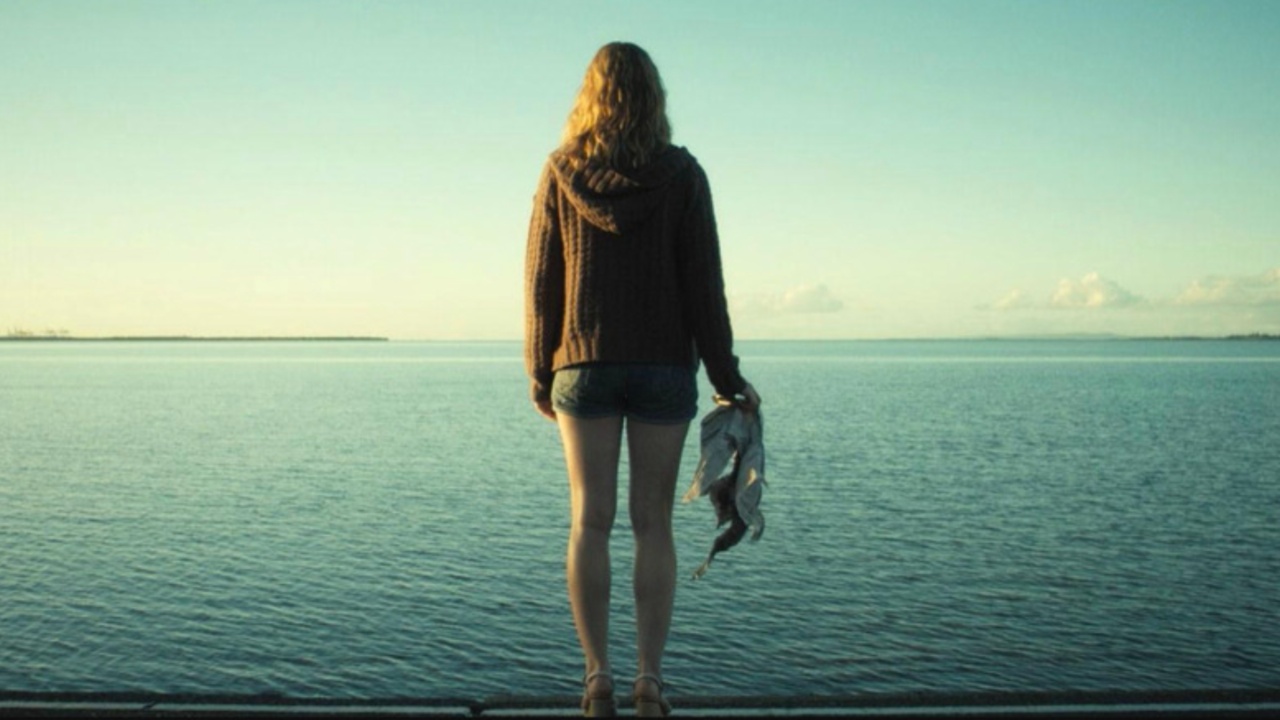While 2020 might have been celebrated as the year of time-loop movies, Christopher Smith’s 2009 horror film Triangle is a standout example that predates this resurgence. The film has gained renewed attention as audiences increasingly explore narratives that bend time, moving beyond classics like Turn Back the Clock, The Twilight Zone, and the iconic Groundhog Day.
Unlike many modern takes on the concept, Triangle combines psychological horror, suspense, and complex narrative design, elevating the time-loop trope into something truly unnerving. Despite its initial under-the-radar release, the film now enjoys cult status among horror and sci-fi enthusiasts who appreciate its intricacy and eerie storytelling.
The film centers on Jess, played by Melissa George, a young mother struggling to navigate life with her autistic son, Tommy. Her struggles are compounded by the pressures of single parenthood, guilt, and the constant anxiety of raising a child with special needs. Jess’s journey begins innocuously with a planned day trip on a friend’s boat. However, seemingly trivial coincidences quickly escalate into bizarre and unavoidable events, signaling the start of a time loop. As the narrative unfolds, the audience is introduced to the unsettling reality of repeating moments, where causality feels fluid and deja vu becomes a harrowing constant.
Much of Triangle’s tension arises from its maritime setting. Fans have speculated that the film draws inspiration from the mysterious Bermuda Triangle, where ships and aircraft have historically been reported to vanish without explanation. Smith’s choice of naming the ocean liner Aeolus, after the Greek mythological keeper of the winds, adds layers of symbolism. The film’s narrative is anchored around three key locations: Jess’s home, the Aeolus, and a sailboat called the Triangle. These three points form a symbolic triangle, reinforcing the time-loop structure and emphasizing the themes of inevitability, repetition, and entrapment.

Jess Faces Repeating Horrors, Trapped Time Loops, and Her Own Deadly Duplicates
Like other time-loop films such as Happy Death Day and Palm Springs, Triangle explores the mechanics of a repeated day with a unique horror twist. Jess experiences the loop in a single continuous cycle rather than across multiple days. It begins with her yelling at Tommy before being distracted by a doorbell that later becomes a critical plot point. She joins friends for a boating trip, only to face an approaching storm. A distress signal from a mysterious woman escalates the tension, culminating in the capsizing of Greg’s boat and the survivors’ boarding of the Aeolus, an abandoned ocean liner that serves as the loop’s central stage.
Once aboard the Aeolus, the story intensifies. Jess experiences strong sensations of deja vu as the survivors encounter unsettling phenomena, including decaying food and aggressive passengers. Jess discovers that a masked killer is hunting them, later revealed to be another version of herself. Multiple versions of the characters coexist, converging in increasingly violent and confusing sequences. Each action seems predetermined, suggesting that attempts to alter events are futile. This convergence of identities and repeated deaths highlights the psychological horror inherent in being trapped within a time loop, where free will is almost an illusion.
At the film’s conclusion, Jess recognizes her entrapment and attempts to change the outcome. She kills her past self to take control and rescue Tommy. However, the loop asserts itself through environmental signs, such as the pile of dead seagulls, and ultimately leads to a tragic car crash that kills Tommy. Despite this, Jess does not give up. She returns to the harbor, joins Greg’s boat, and prepares to relive the day once more. This suggests an enduring maternal commitment to protect her son. The ending is deliberately ambiguous, blending horror, tragedy, and an exploration of obsession, guilt, and parental love.

Jess’s Time-Loop Struggle Explores Fate, Morality, and Motherhood in Endless Cycle
The ending of Triangle resists concrete explanation. The multiple Jesses represent iterations of the same person at different points within the loop. Viewers are left to ponder the nature of fate, inevitability, and moral responsibility. The film suggests that certain events, such as Jess becoming the masked killer or Tommy’s death, may be unavoidable, reinforcing the horror of being trapped in a cycle that cannot be escaped. Yet the narrative also offers a glimmer of hope. Jess’s repeated return to the loop reflects her unwavering devotion, highlighting the resilience and determination inherent in motherhood, even when faced with seemingly insurmountable odds.
Some interpretations view Jess’s predicament as a hopeless cycle, emphasizing the darker elements of the film. The repeated doorbell, which Jess herself rings after escaping the Aeolus, implies that she is perpetually caught in the loop. Whether her presence in the loop is punishment for her failures as a mother or an inexplicable cosmic coincidence is left intentionally ambiguous. This perspective portrays Triangle as a cautionary horror story about human limitations, fate, and the merciless repetition of tragedy, adding depth and complexity to the narrative beyond its time-loop mechanics.
Director Christopher Smith has intentionally left the ending open to interpretation. In interviews, he emphasized his desire for ambiguity rather than definitive answers. Smith’s creative choice to mirror the house’s design and numbering with the ship hints at the possibility that the events could be a psychological manifestation rather than reality itself. He described Jess as a blank canvas, her memory wiped at the loop’s start, allowing the story to oscillate between proactive attempts to change events and unconscious repetition. Smith’s approach reinforces the film’s status as both a psychological thriller and a horror puzzle.
Although Triangle has not received a sequel and it remains unlikely due to its contained story and niche appeal, the film’s impact endures. Its focus on the obsessive lengths a mother will go to protect her child resonates deeply, even without a conventional resolution. The narrative’s ambiguity, combined with its intricate time-loop mechanics, ensures that Triangle continues to captivate audiences who enjoy thought-provoking horror. By leaving key questions unanswered, Smith allows viewers to wrestle with the story’s philosophical and emotional weight, creating a haunting and enduring cinematic experience.



